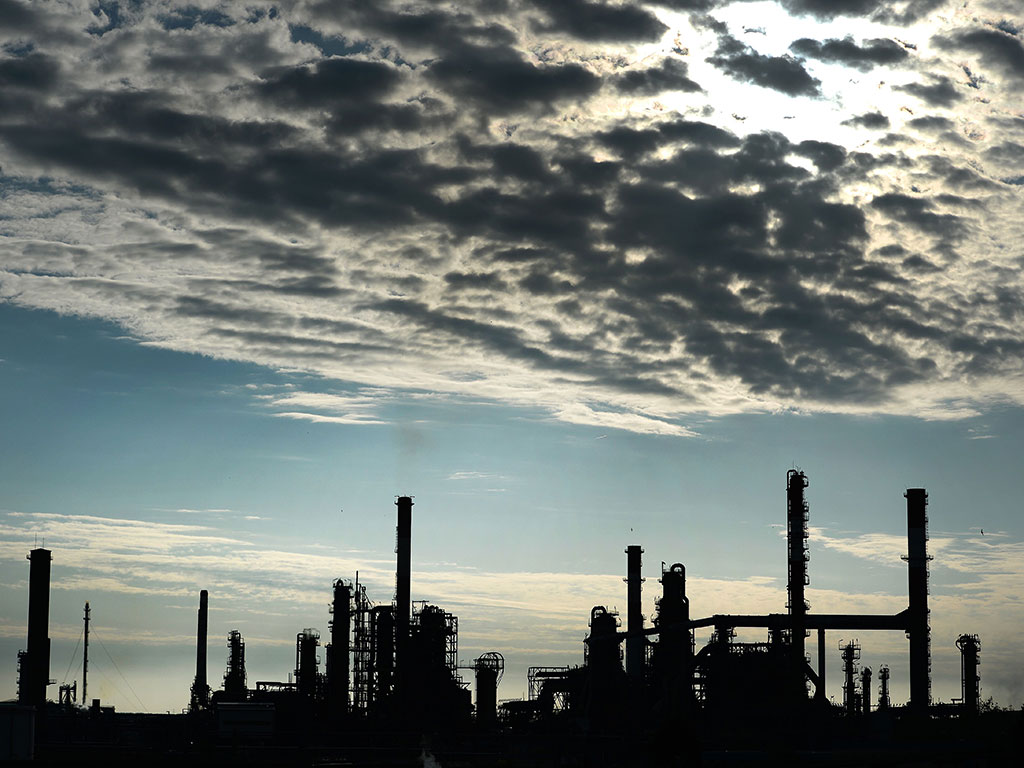IEA predicts oil demand will not peak by 2040
The International Energy Agency (IEA) forecast that global oil demand will continue to rise beyond initial industry predictions

The International Energy Agency (IEA) suggests that global oil demand will continue to grow beyond 2040
On November 16, the International Energy Agency (IEA) released a forecast predicting no halt in the growth of global oil demand by 2040 – even assuming that nations abide by the Paris climate agreement.
Since the Paris Agreement was signed in April, various industry commentators have suggested that the demand for oil could peak within the next 15 years – with OPEC releasing a forecast as recently as October suggesting that demand will peak in 2029.
According to IEA executive director, Fatih Birol: “demand will increase at a slower rate than in the past but it will still increase.”
The continued increase in global oil demand is often attributed to the impracticality of its alternatives
The continued increase in global oil demand is often attributed to the impracticality of its alternatives – especially when attributed to road freight, aviation and petrochemicals. Although the forecast suggests that the industry will shift away from oil to some degree in the next 25 years, it predicts a decrease in the shares of coal and oil relative to natural gas – as well as an increase in the use of renewable energies.
Furthermore, it predicts that oil demand from passenger cars will decrease despite a doubling in the number of vehicles; this is due to improvements in efficiency, biofuels and the growing use of electric cars. These developments, however, are not enough to prevent a continued growth in oil demand.
The IEA forecast overall oil consumption at 103.5mb/d – compared with 92.5mb/d in 2015. This prediction takes into account cost predictions from across the energy sector, as well as a number of changes to government policy.
While these figures are deeply concerning, they very much paint a ‘best-case scenario’. The IEA’s figures are based on the assumption that all nations will fully comply with the targets set out by the Paris Agreement – but whether this is a realistic assumption to make is yet to be seen. For instance, although the US ratified the agreement, its political position is set to change, with President-elect, Donald Trump, pledging to repeal the agreement upon taking office.
With all signatories needing to make a concerted effort in order to ensure that the targets are met, perhaps making the assumption that they will be is a little too optimistic.













